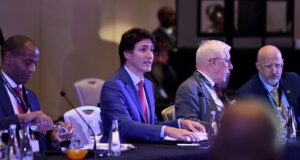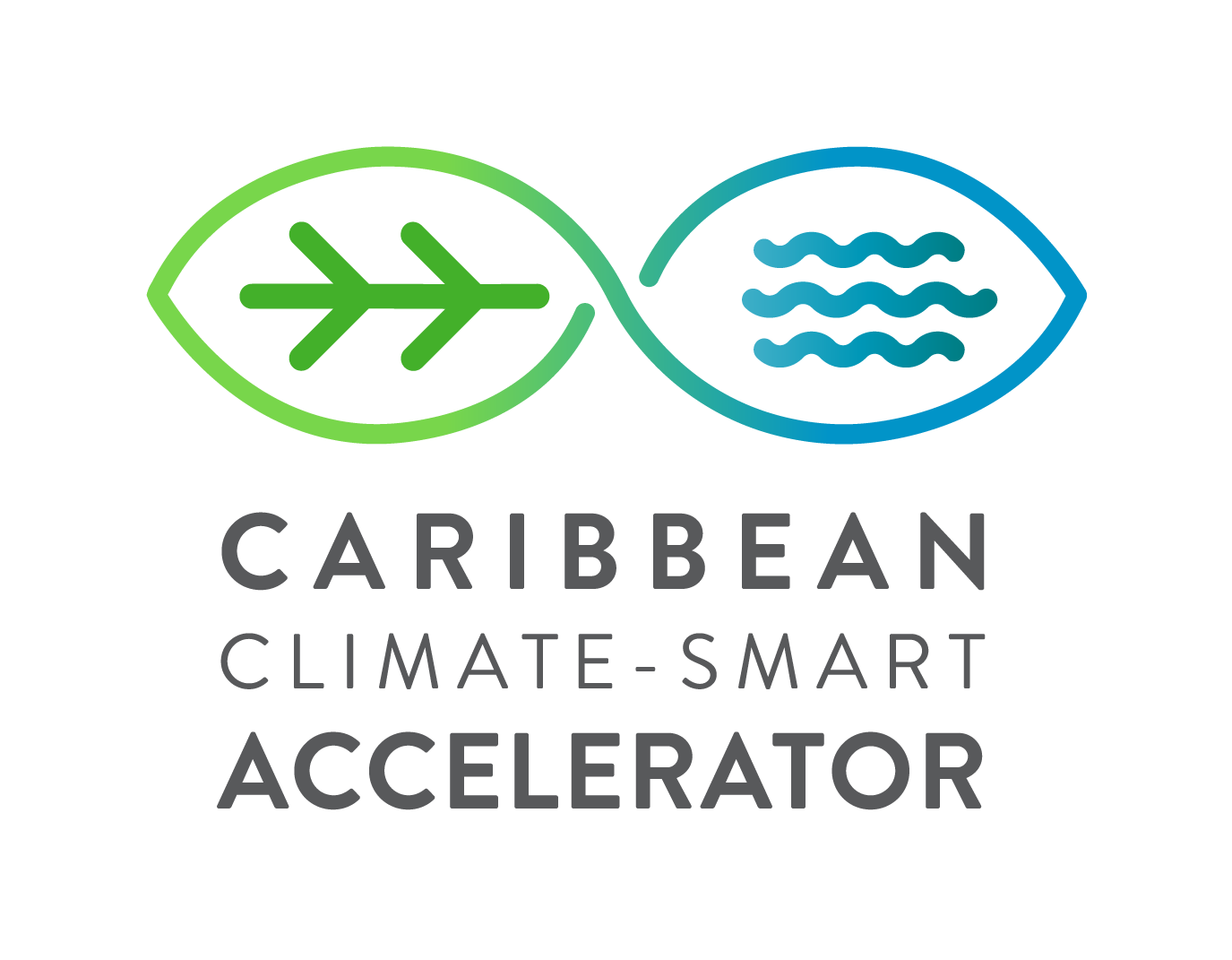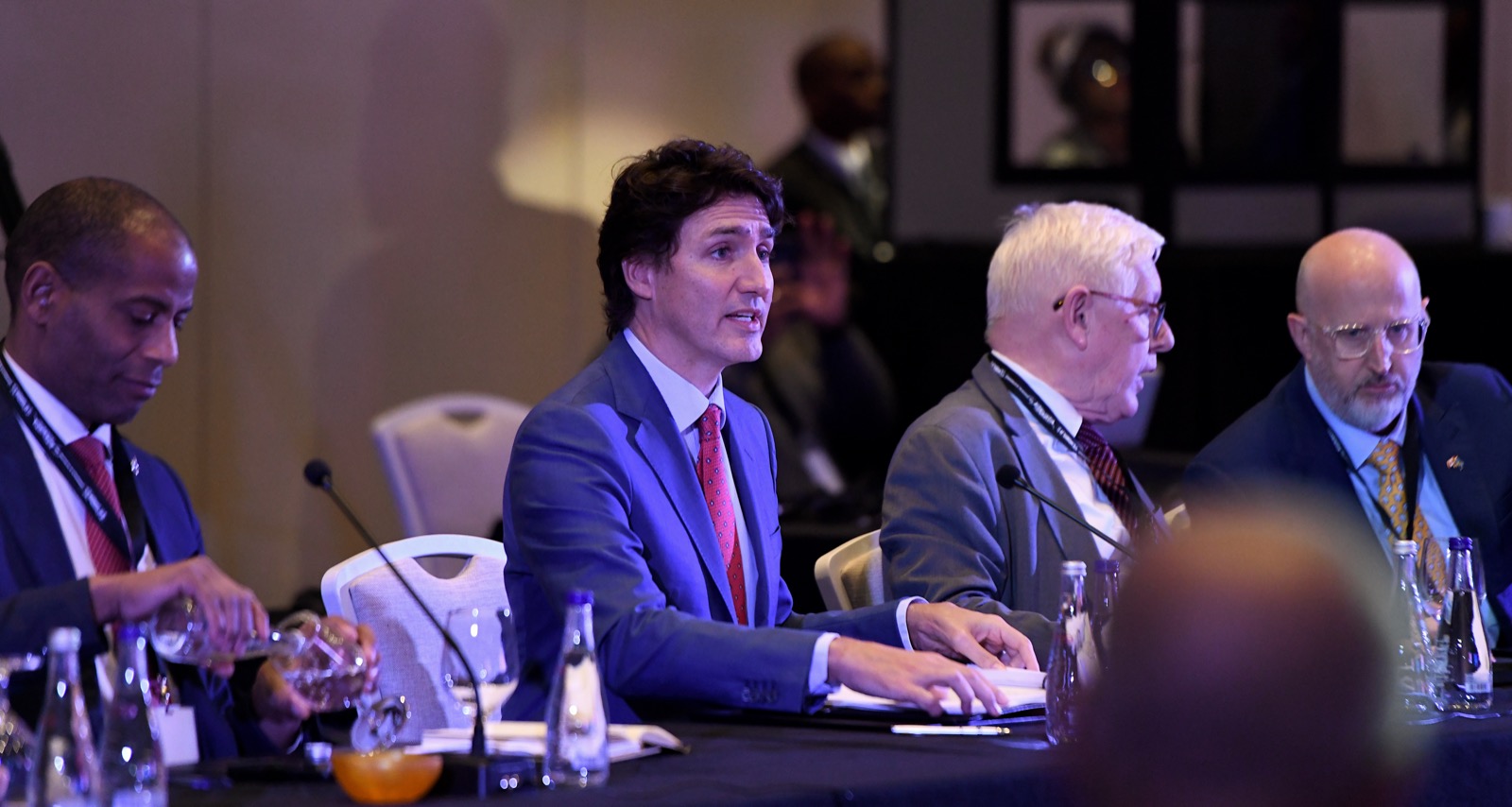Canada commits $44.8 million to fight Caribbean climate crisis
Trudeau seeks renewal of CARIBCAN trade program
Deandre Williamson – Caribbean Climate Justice Journalism Fellow

Canada’s Prime Minister Justin Trudeau gives an address during the 44th CARICOM Heads of Government Meeting in Nassau, Bahamas. (Photo – Bahamas Information Services/Kemuel Stubbs)
Small Island Developing States (SIDS) know all too well the threats posed by climate change, which prompted Canada’s Prime Minister Justin Trudeau to announce his commitment of $44.8 million in new funding to tackle the climate crisis in the Caribbean.
Trudeau made this announcement during the 44th CARICOM Heads of Government Meeting in Nassau, Bahamas on Feb. 16. He said the funding will support projects with regional organizations like the Caribbean Community Climate Change Center and the Caribbean Biodiversity Fund that will improve marine and coastal ecosystem management, increase water security, and help governments better respond to the impacts of climate change and natural disasters.
“We know that one of the significant challenges that many CARICOM countries face in dealing with climate change is accessing climate and concessional financing,” Trudeau added.
He applauded Barbados Prime Minister Mia Mottley’s leadership of the Bridgetown Initiative, which has reenergized the conversation on international financial institutional reform so that SIDS can better respond to the overlapping health, climate, debt, and liquidity crises affecting many CARICOM members.
According to the World Economic Forum, the Bridgetown Initiative is a proposal to reform the world of development finance, particularly how rich countries help poor countries cope with and adapt to climate change. The Bridgetown Initiative has three key steps. Outlined by the World Economic Forum, the first step involves changing some of the terms around how funding is loaned and repaid. The second step calls for more climate cash, as Barbados is asking for development banks to lend an additional $1 trillion to developing nations for climate resilience. The third step is to set up a new mechanism – with private-sector backing – to fund climate mitigation and reconstruction after a climate disaster.
Canada can relate to the devastation the Caribbean faces when climate disasters occur. In 2022, Canada had its share of a climate disaster when Hurricane Fiona ripped through Nova Scotia.
“Climate change is here and it’s real. Canada experienced this first hand when Hurricane Fiona devastated Atlantic Canada last fall,” Trudeau said. “We saw how fragile island ecosystems can be when the storm took lives swept away homes and destroyed our beaches and coasts.”
But the Caribbean has experienced more storms, with some of the most recent ones being Hurricanes Dorian, Maria, Juan and Harvey. The frequency of the storms and rising sea levels make the region vulnerable to the devastating effects of climate change.
Trudeau told CARICOM Heads of Government that “Caribbean nations understand this issue better than most, and you have seized this challenge to become global leaders on climate action.”
CARICOM leaders have been advocating for climate justice and climate financing for years and they are still waiting for some financial pledges from developed nations to be fulfilled.
In his address, Trudeau acknowledged the strong ties between Canada and the Caribbean and announced plans to renew the pledge for the CARIBCAN trade program.
“I want to announce today that Canada is seeking a renewal of its waiver from the World Trade Organization for our CARIBCAN trade program to ensure that goods from the region can continue to enter Canada duty free beyond 2023,” Trudeau said. “CARIBCAN was first announced by Canada at this same meeting in Nassau in 1985. So, it’s only fitting that we renew that pledge today.”
He explained that in order to have truly sustainable, long lasting economic prosperity, countries need robust dynamic trade.
“In 2021, Canada’s two-way merchandise trade with CARICOM countries reached $1.9 billion, with bilateral trade in services reaching $3.9 billion,” Trudeau added.
“There are opportunities for business in all our economies in emerging sectors like clean technology, green infrastructure, renewable energy, and more.”
This story was published with the support of the Caribbean Climate Justice Journalism Fellowship, which is a joint venture of Climate Tracker and Open Society Foundations.
About the Fellowship
The Caribbean Climate Justice Journalism Fellowship is offered by Climate Tracker, an international non-profit organization, aiming to support, train and incentivize better climate journalism globally. The fellowship provides a platform for journalists to learn and publish stories about the search for solutions that deal with the core causes of climate change while addressing a wide range of social, racial, and environmental injustices that exist. Over the course of six months, fellows will learn from a range of environmental, storytelling, and journalism experts, while practically applying their learning in articles aimed at sharing the national and regional climate justice debates, with the primary intention and focus on publishing powerful stories on climate justice. This fellowship will take a holistic and career-building perspective that actively integrates fellows into the building of a fruitful community for Caribbean climate journalists, storytellers, and communicators.






